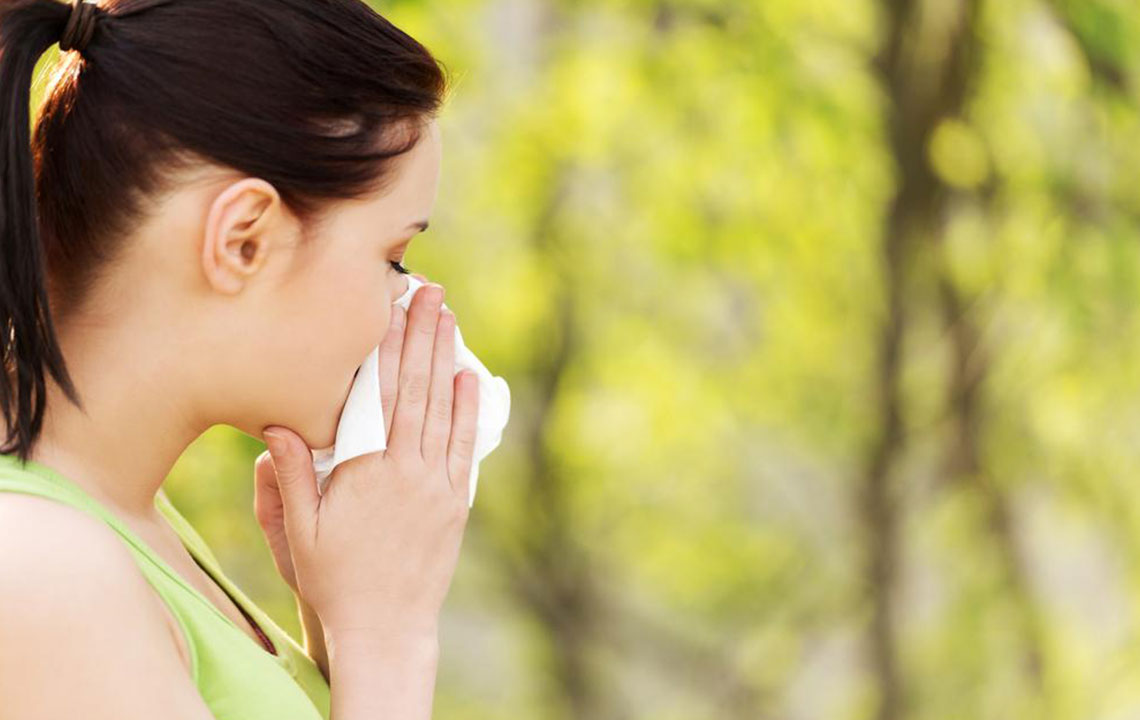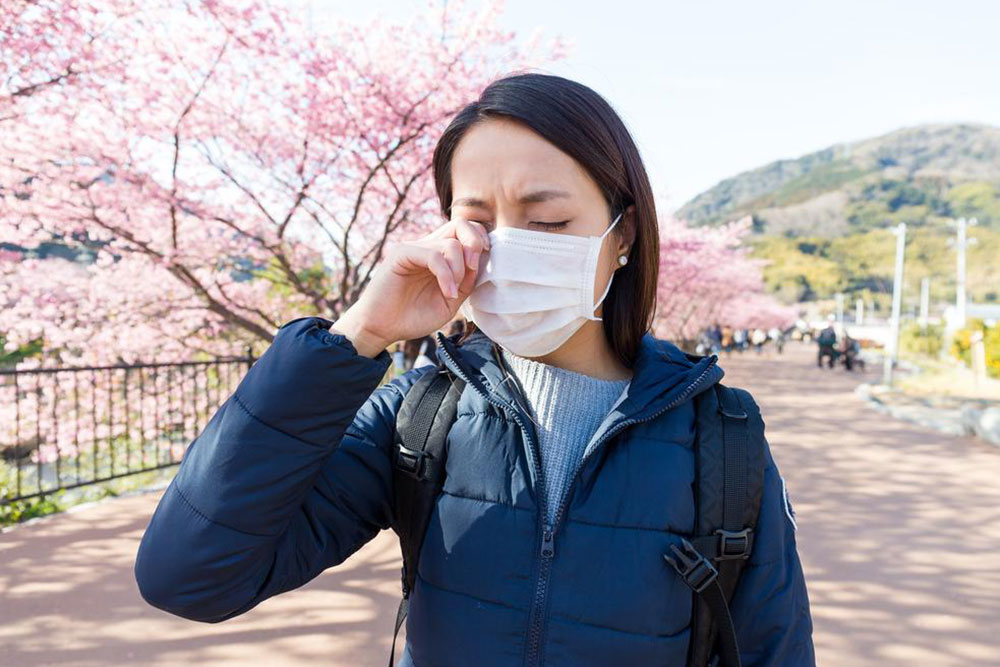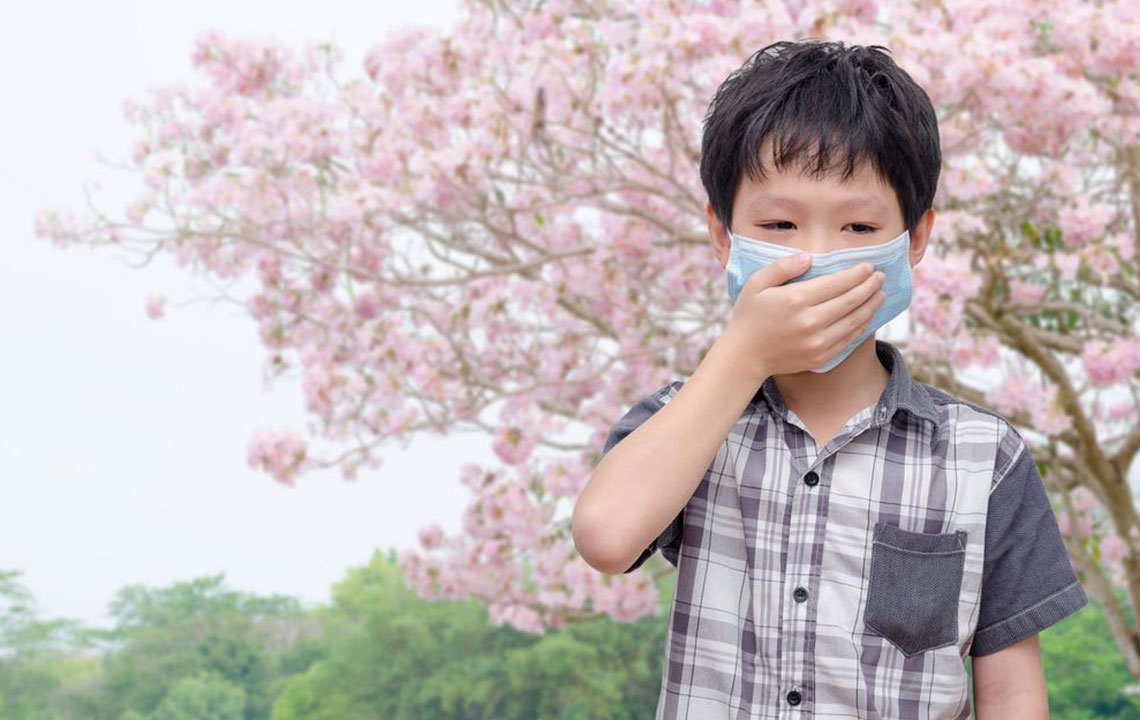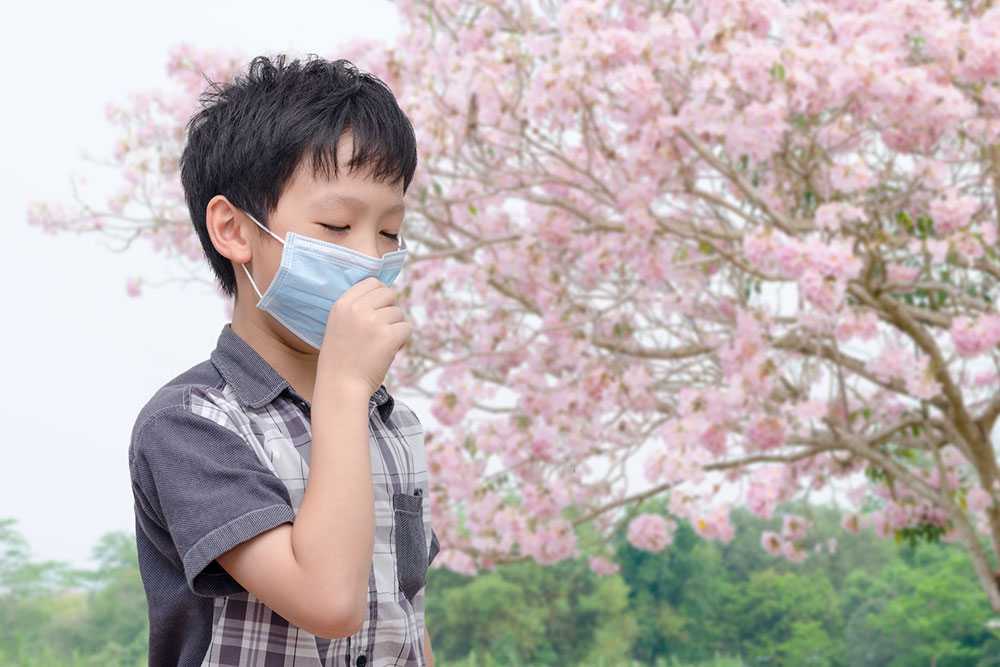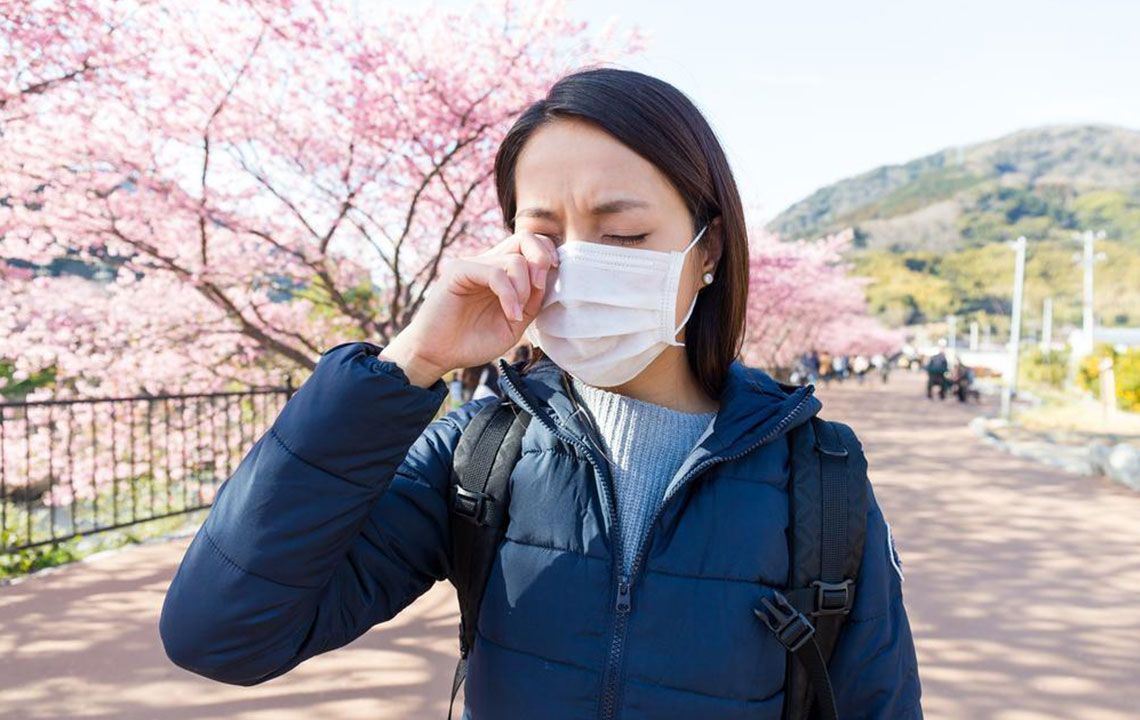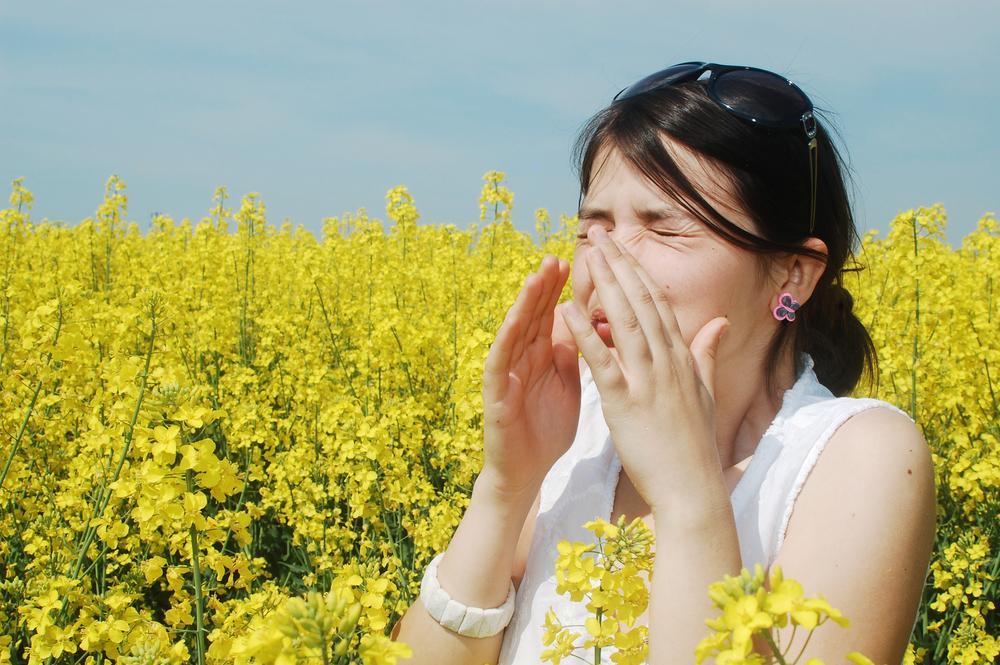Comprehensive Natural Approaches to Alleviate Pollen Allergy Symptoms Effectively
Discover comprehensive, natural and medical strategies to effectively manage pollen allergies. Learn to identify symptoms early, use home remedies, and implement preventive measures to reduce discomfort and protect your respiratory health throughout the seasons. This detailed guide covers everything you need to know about alleviating pollen-induced symptoms naturally and with medication, ensuring a healthier, allergy-free life all year round.
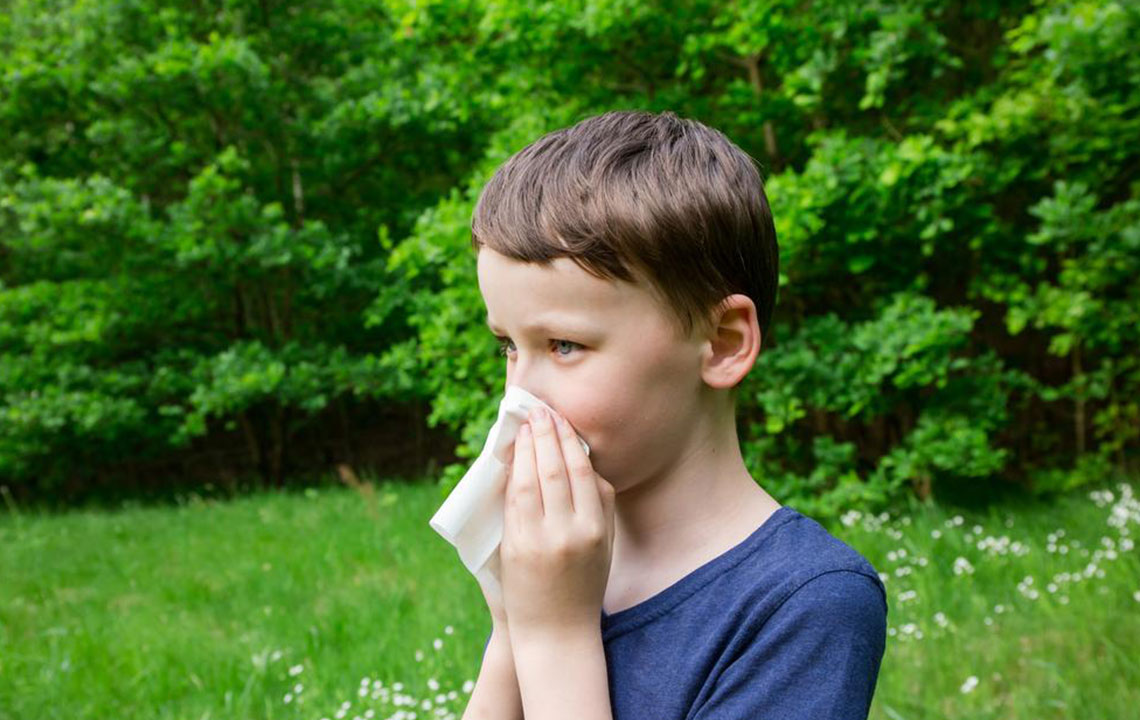
Effective Natural Strategies to Reduce Pollen Allergy Discomfort
Seasonal shifts are often accompanied by an increase in sneezing, nasal congestion, and itchy eyes—symptoms that are frequently mistaken for a common cold but may actually indicate a pollen allergy, also known as hay fever. Recognizing the underlying cause is essential for effective management and relief. Unlike general cold symptoms, pollen allergies are caused by an allergic immune response to specific airborne particles released by plants, grasses, trees, and weeds, which can substantially impair daily functioning if not properly addressed.
Pollen consists of tiny biological particles, often microscopic, that are carried by the wind during different times of the year, depending on the plant species in bloom. These microscopic particles are vital for the plant reproductive process; however, inhaling or ingesting them can trigger allergic reactions in sensitive individuals. Approximately 30% of adults experiences at least some allergy symptoms caused by pollen, making it one of the most common environmental allergies worldwide.
The sources of pollen allergy are diverse, as it can be emitted not only by flowering plants but also by grasses, different species of trees, and various weeds. Each season presents its unique set of pollen types—spring brings nice blooms from flowering plants, summer is dominated by grasses, and autumn is characterized by weeds—all contributing to allergy symptoms that can persist or recur throughout the year. For individuals who are highly sensitive, exposure during these seasons can lead to persistent discomfort, greatly affecting their quality of life.
Understanding the signs of pollen allergies is important for timely intervention. Typical symptoms include sneezing, itching, redness and watery eyes, nasal congestion, cough, and difficulty breathing. These reactions not only cause inconvenience but can severely interfere with daily routines, sleep quality, and overall well-being.
Recognizing Pollen Allergy Symptoms
Sneezing frequently
Itchy nose, throat, or ears
Red, itchy, and watery eyes
Persistent runny nose
Coughing or throat clearing
Swollen nasal passages and congestion
Breathing difficulties or wheezing, especially in asthma sufferers
For individuals with pre-existing respiratory conditions, such as asthma, pollen exposure can exacerbate symptoms, leading to more frequent or severe attacks. This makes managing allergies not only about comfort but also about safeguarding respiratory health.
When pollen particles invade the body, they provoke an immune response leading to the release of histamine—a chemical responsible for many allergy symptoms. Histamine causes blood vessels to dilate, resulting in sneezing fits, nasal congestion, and redness of the eyes. It also causes swelling of nasal tissues, leading to sinus congestion and infections. The facial veins may constrict, creating dark circles under the eyes, commonly called 'allergic shiners.'
People with allergies and underlying asthma are at increased risk of intense reactions; pollen can trigger asthma attacks and worsen existing respiratory issues, making it crucial to manage exposure effectively.
Diagnosing and Managing Pollen Allergies
If you observe allergy symptoms during high pollen seasons, consulting a healthcare professional is essential for accurate diagnosis and tailored treatment plans. An allergy specialist might perform skin prick tests or blood tests to confirm pollen sensitivity, which helps guide appropriate treatment choices.
Preventive measures are key to reducing exposure. These include avoiding outdoor activities during windy days, wearing masks and sunglasses to minimize pollen inhalation, and steering clear of gardening or mowing lawns during peak pollen times. Keeping indoor environments clean by using air purifiers and regularly washing bedding can also reduce pollen accumulation.
Pharmacological treatments are widely used to manage symptoms. Antihistamines are frontline medications that block histamine’s effects, providing relief from sneezing, itching, and runny nose. These are available over-the-counter or via prescription, depending on severity. For more severe symptoms, corticosteroids or stronger antihistamines may be prescribed to control inflammation and reduce nasal swelling. Nasal decongestants can provide rapid relief of nasal congestion caused by mucus buildup.
In addition to medications, natural remedies can offer supportive relief, especially for mild symptoms or those preferring alternative options.
Natural Home Remedies for Pollen Allergies
These approaches focus on reducing pollen ingestion and alleviating allergy symptoms without medication:
Saline nasal rinse: Utilizing a saline spray or rinse helps flush pollen from nasal passages, reducing congestion and easing breathing. It's important to use sterile saline solutions and avoid prolonged use of medicated nasal sprays that can damage nasal linings.
Spicy foods: Incorporating spicy foods containing capsaicin, such as chili peppers, can naturally decongest sinuses by thinning mucus. These foods also carry antibacterial and anti-inflammatory properties that support overall respiratory health.
Quercetin: As a potent antioxidant found in foods like onions, apples, and berries, quercetin can stabilize mast cells, preventing the release of histamine and thereby reducing allergy symptoms and sinus discomfort.
Additional Tips: Wearing protective gear such as masks and sunglasses when outdoors during high pollen seasons can significantly reduce pollen contact. Showering and changing clothes after outdoor activities help remove pollen residues. Staying well-hydrated keeps mucus thin and easier to clear, while steam inhalation can soothe nasal passages. Monitoring local pollen count reports and avoiding outdoor activities during peak times further minimizes risks.
Effective management of pollen allergy symptoms involves a combination of avoiding triggers, medical treatment, and natural remedies. Early recognition and proactive handling are vital in preventing the progression to more severe reactions, including asthma exacerbations. Stay vigilant, take precautions, and seek medical advice for persistent or severe symptoms to maintain respiratory health and overall comfort.
